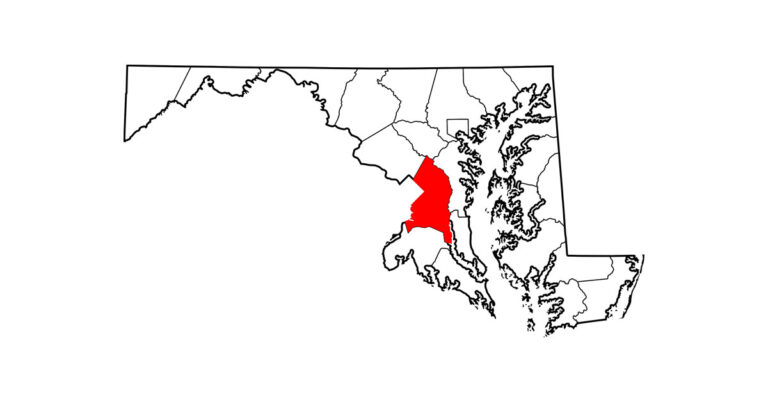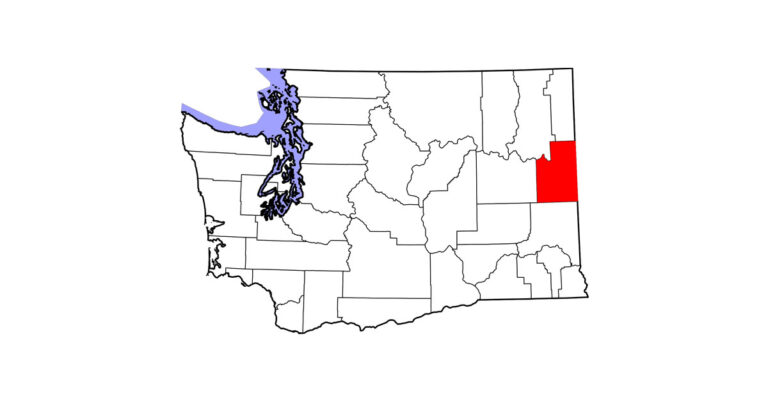
California confirmed an EIA case on Aug. 1. The California Department of Food and Agriculture reported a 4-year-old Quarter Horse gelding positive for equine infectious anemia. The gelding resides in Riverside County. He was being tested to return to a racetrack. Additionally, officials believe exposure might have occurred through the reuse of needles. The private facility where the affected horse and a pregnant mare who was potentially exposed reside is under quarantine. Consequently, test results for the mare are pending.
To read the Equine Disease Communication Center alert about this case and others, click here.
EDCC Health Watch is an Equine Network marketing program. It utilizes information from the Equine Disease Communication Center (EDCC) to create and disseminate verified equine disease reports. The EDCC is an independent nonprofit organization. It is supported by industry donations in order to provide open access to infectious disease information.
About EIA
Equine infectious anemia is a viral disease that attacks horses’ immune systems. Additionally, the virus is transmitted through the exchange of body fluids from an infected to an uninfected animal. This is often done by blood-feeding insects such as horseflies. It can also be transmitted through the use of blood-contaminated instruments or needles.
A Coggins test screens horses’ blood for antibodies that are indicative of the presence of the EIA virus. Consequently, most U.S. states require horses to have proof of a negative Coggins test to travel across state lines.
Once an animal is infected with EIA, it is infected for life and can be a reservoir for the spread of disease. Not all horses show signs of disease, but those that do can exhibit:
- Progressive body condition loss;
- Muscle weakness;
- Poor stamina;
- Fever;
- Depression; and
- Anemia.
EIA has no vaccine and no cure. Consequently, a horse diagnosed with the disease dies or is euthanized. Alternatively, it must be placed under extremely strict quarantine conditions for the rest of his life. This includes being at least 200 yards away from unaffected equids.












